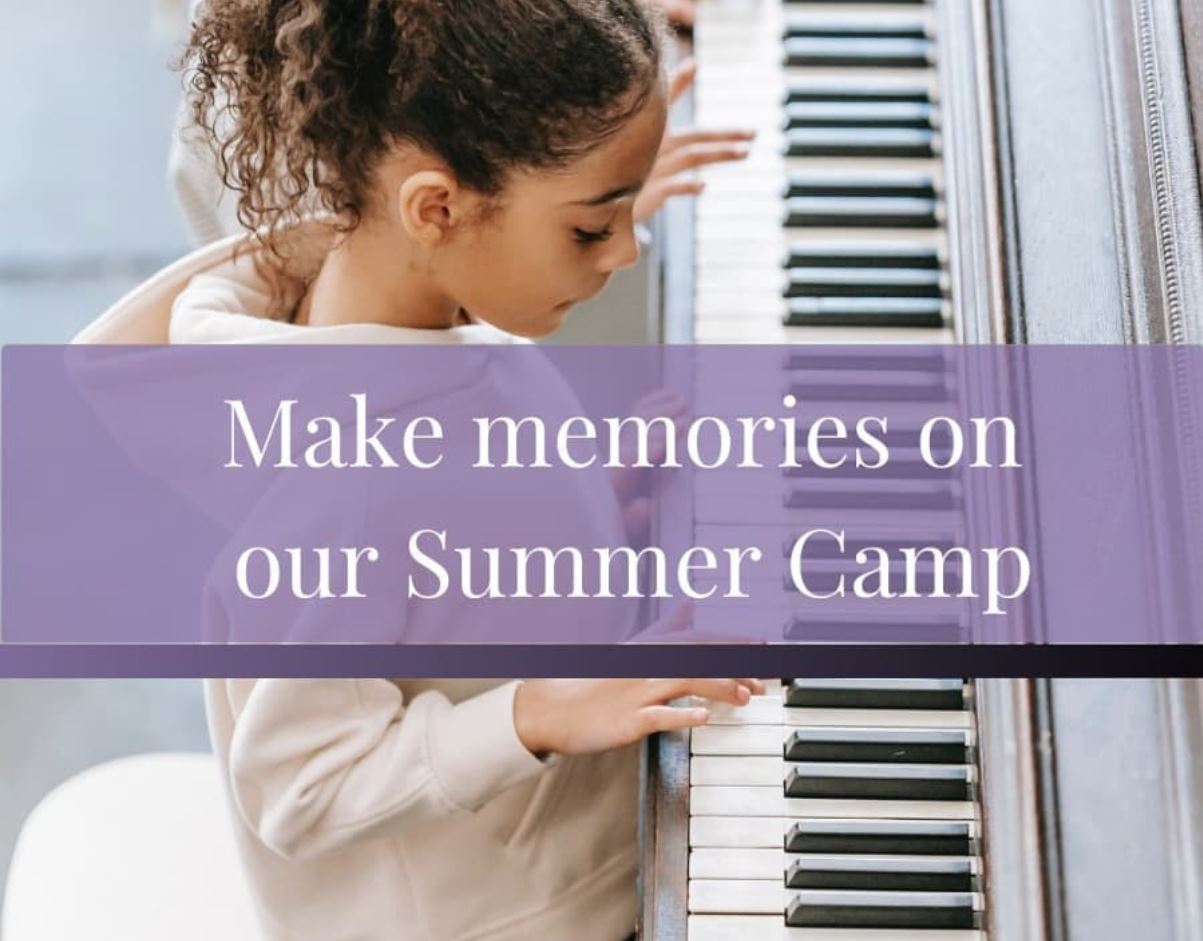The relationship between music and the elderly can be beneficial both as means of relieving stress or sustaining and expanding cognitive abilities. This article will explore how music can help seniors live a more fulfilling and happier life.
Professional music therapists are educated and trained to address an individual’s physical, psychological, cognitive, and social needs. Treatments may include singing, playing, moving to, creating, or listening to music. Active participation in musical activities such as singing, sing-along programs, or in a choir has many benefits. Singing is proven to release oxytocin, which leads to a decrease in anxiety and stress, while group singing promotes relationships and trust. In addition to the pleasure of singing, there are many physical benefits, such as increased lung capacity and strengthening your immune system. Group musical activities encourage personal expression and group bonding. No matter what form it takes, music therapy results in increased secretion levels of “feel-good” brain chemicals in seniors. These neurotransmitters, such as serotonin, prolactin, melatonin, and norepinephrine, help to reduce anxiety, stress and ease depression.
The Benefits of Exposure to Music in the Elderly
Music for older adults can help promote overall health and wellness while eliciting positive memories and responses. Music can benefit an elderly person in various ways and learning to play an instrument is one of the most effective. It’s never too late to start, and here’s why.
Benefits of Learning to Play an Instrument at an Older Age
One of the most widespread misconceptions is that people cannot learn a brand-new instrument in their later years. Older adults still have the ability to learn, and we encourage them to take the opportunity.
Older adults benefit from taking on more hobbies and extracurriculars to keep the brain active and stimulated, so picking up a new instrument is a perfect way to do just that. When leaning over a piano or bowing a violin they utilize muscles and the majority of their senses. While playing, our brains are engaged on multiple levels. It is not easy to read notes and count rhythm while keeping a steady beat that sounds good. That’s why, unlike with language, there is no single music center in the brain — rather, there are a lot of them.
Let us review some of the most compelling reasons for seniors to learn an instrument:
Increase reaction time: Aging plays cruel tricks on the body. While young people have quick reflexes, older people tend to react slower. Luckily, by playing a musical instrument, you can train your body to react quickly again.
Boosts blood flow: If you feel like you’re lagging in energy, you may be tempted to reach for a cup of coffee or an energy drink. Rather than pumping your body with caffeine, grab your instrument. Studies have proven that brief periods of music lessons up the blood flow in the brain’s left hemisphere.
Expands the social circle: If you’re retired (or don’t get out much), you may be missing the social interaction you enjoyed when working. Taking music lessons can get you out of the house and among your peers who may just become new friends.
Increases grey matter: In terms of brainpower, having more grey matter to work with is good. The long-range connection between brain regions are also strengthened while playing instruments. Those studying an instrument can look forward to improvements in literacy, spatial reasoning, and verbal memory.
Makes one a multitasker: Perhaps you think you’re adept at juggling a variety of tasks at once, or maybe you wish you were. Either way, learning to play an instrument can strengthen this ability.
Improves breathing: Playing an instrument, particularly a wind instrument or singing, can help you breathe better. Deep breathing in such a way leads to a stronger respiratory system.
Gives a sense of accomplishment: We’re always learning, but we may not feel that we’re making the same strides in learning as we did as children. The truth is that learning to play an instrument can happen at any age in life, and the sense of accomplishment you get from learning to play as an adult can be even greater than one you may have had experienced in childhood.




